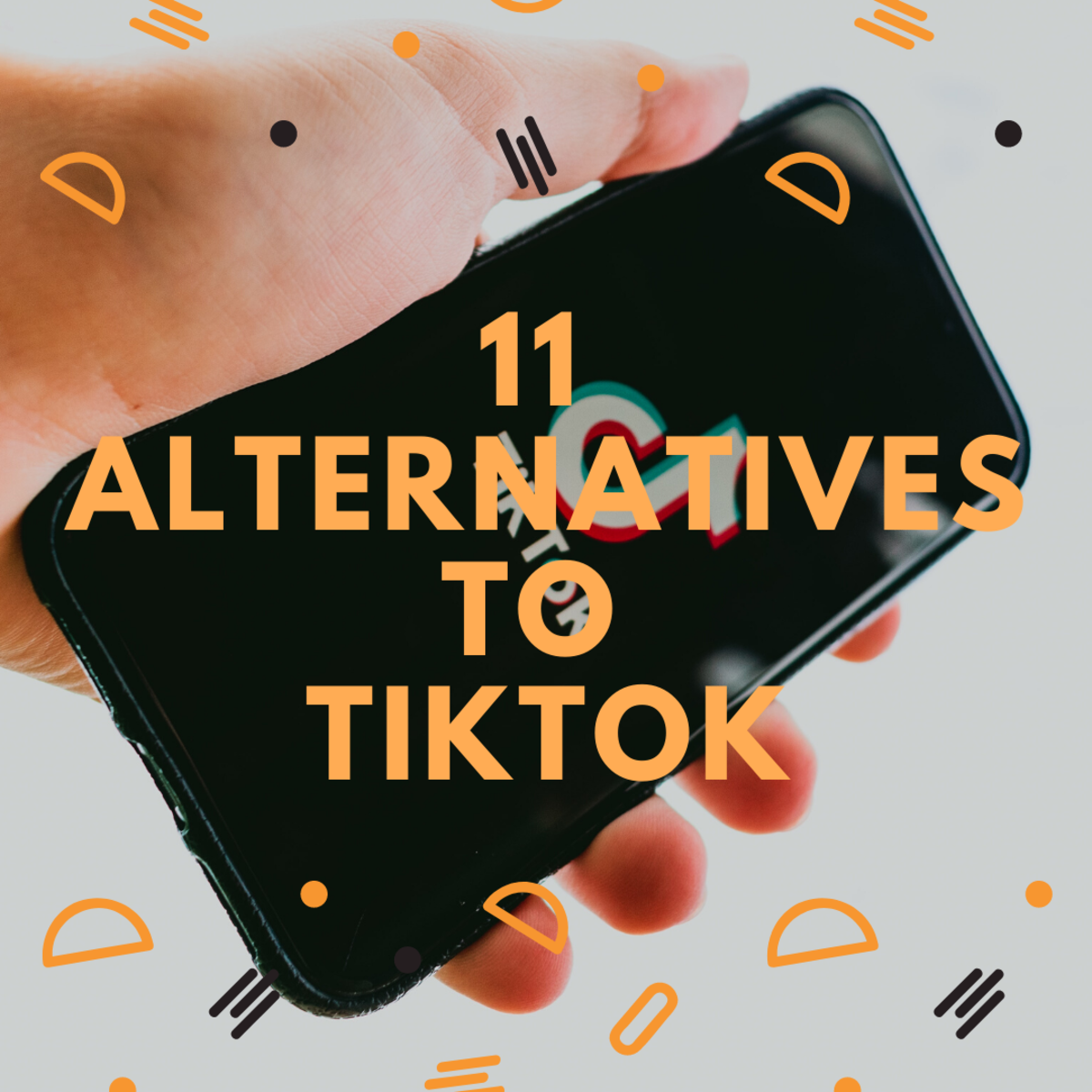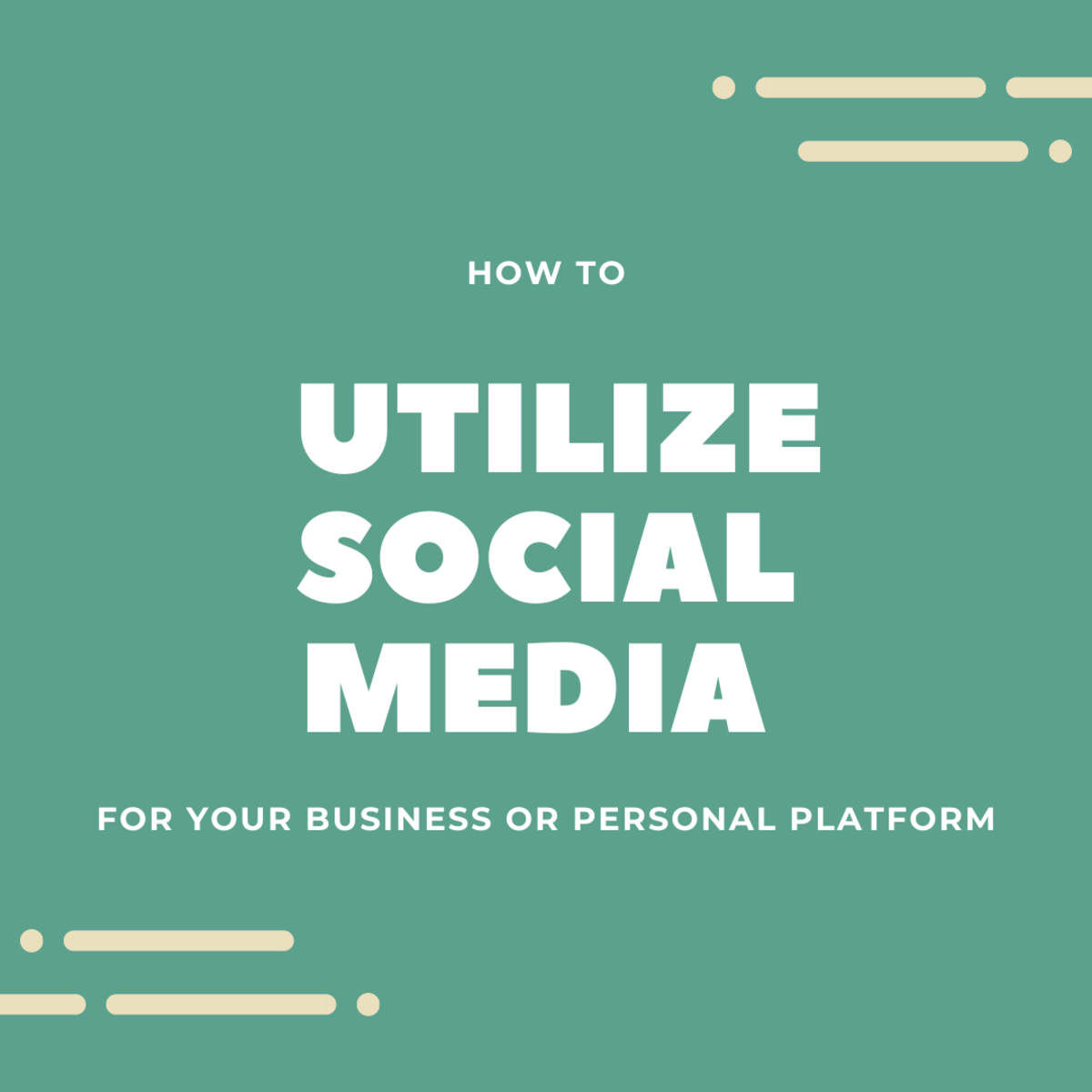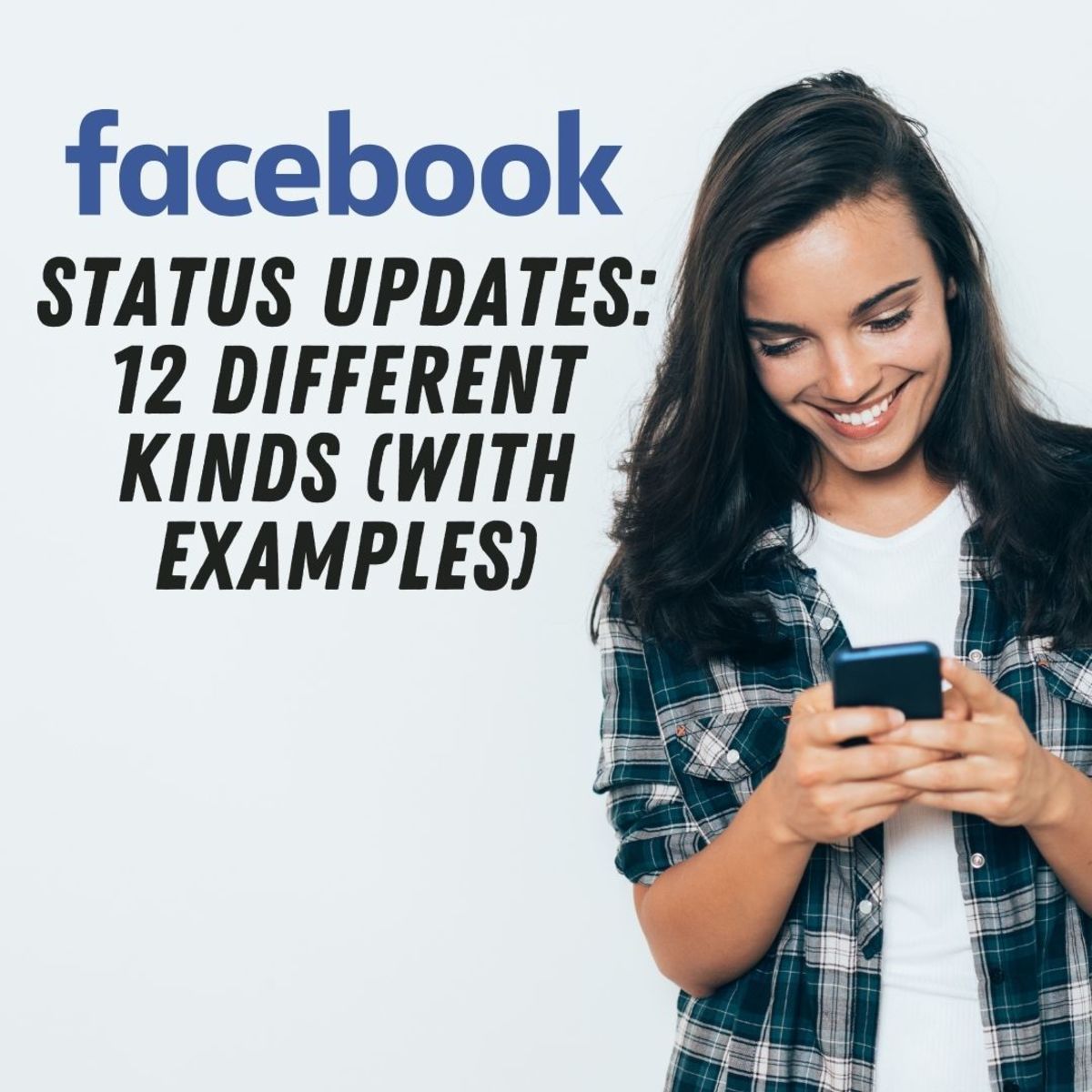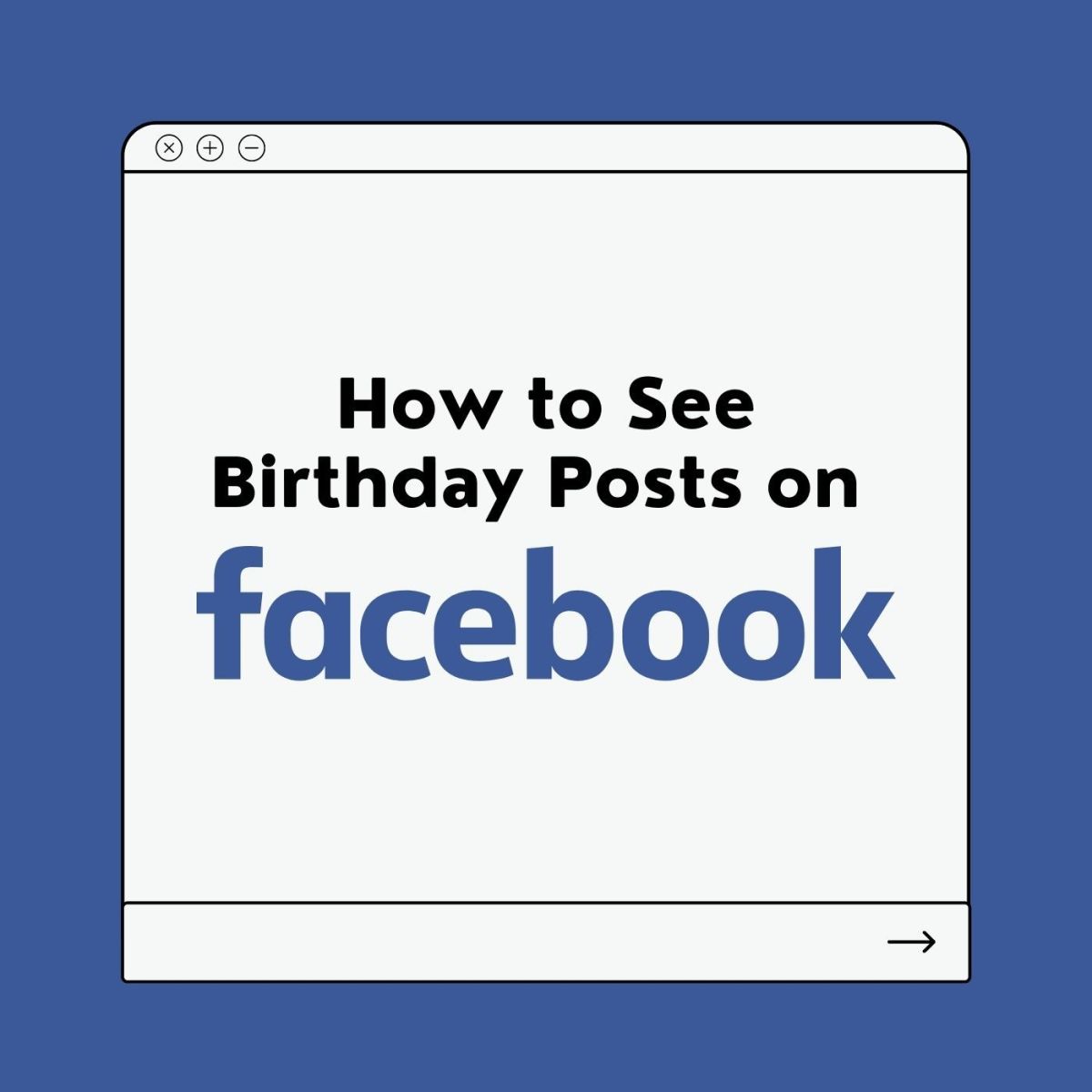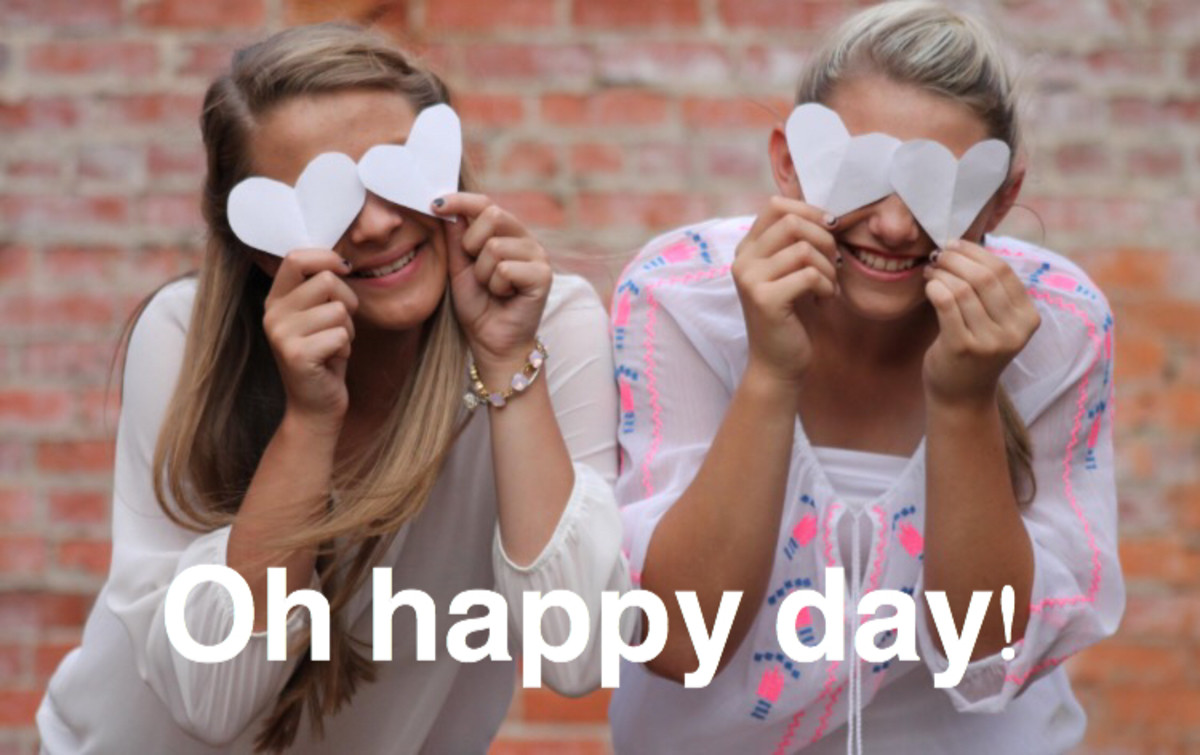- HubPages»
- Technology»
- Internet & the Web»
- Social Networking
What Will Replace Facebook? New Platforms and Apps

Facebook has been the giant of social media for about a decade. For awhile nearly every person, group, politician, organization and business had a Facebook page.
But times are changing. Facebook is losing popularity for many reasons including privacy concerns, focus on ads and pay-to-promote status updates.
But what will replace Facebook? Here are the hottest platforms and apps poised to siphon users away from Facebook.
Google+
Google+ is Google's answer to Facebook.
The social media platform has many of the same features users are used to on Facebook.
You can add friends, post articles or pitctures and join groups with similar interests.
The navigation is tricky in some respects and so the learning curve may be a bit steep. Using the tutorials and the help button can make the experience easier for new users.
What Google+ does well that Facebook does not is making it easier to compartmentalize your friends into different groups--or as Google calls them, circles.
Once a friend is in a circle, you can target specific updates, articles, or pictures just for that group.
Google's interface makes it especially good for businesses. And because anyone can follow anybody (no friend requests) there is less maintenance to a page.
If someone follows you, you can chooses to add them to your circle or ignore it and they will only see updates you make public.
Google+ also offers video chatting which can make it great platform for a small business meeting.
Finally, users can share written content with specific users and groups, allowing for a better marketing experience overall.
The interface allows Google+ to easily adapt for a recreational user or someone marketing their business or work---all without the intrusion or paid-to-promote aspect of Facebook.

Pinterest's biggest appeal over Facebook is its visual impressiveness.
If you've never used Pinterest, picture a large bulletin board, or even a room full of large bulletin boards with bright colors and beautiful pictures of food, pets, clothing, flowers, shoes and just about everything else you can think of that can be talked about or marketed through pictures.
Users can pin pictures that they find interesting or useful to their own personal page.
The better the picture (or the more interesting) the more likely it is to be looked at, liked and repinned by other users--thus spreading your idea or product around.
According to Justin Smith of BloomReach, Pinterest user spending gives an advertiser about 60% more return than Facebook does. Also, Pinterest users see more images during the same span of time as Facebook.
The downside is that Pinterest posts can get lost in the more popular categories, just due to the sheer volume of information for a reader to peruse on any given page.
Pinterest has made recipe, product and meme sharing more targeted and therefor more successful than Facebook.
Snapchat
Snapchat is a mobile app that allows users to send quick messages and pictures that expire a few moments after the user sends them.
In an interview on the Colbert Report, the Snapchat founders noted that it offers a more real-world interaction among users, trying to disengage technology usage with the fact that anything that is said or done online is on your permanent record.
While Facebook answered back with its own Poke app which basically does the same thing, users seem to not care, be unaware, or are purposefully moving away from Facebook by choosing Snapchat.
According to Rachel Metz of MIT Technology Review, users distrust in Facebook and its collection of personal information and data has led to the embrace of this new technology of expiring messages.
While this App has a lot of appeal for private use, usage for broader marketing and monetization has not been explored at this time.
Might this be a place for the targeted, ten second ad?
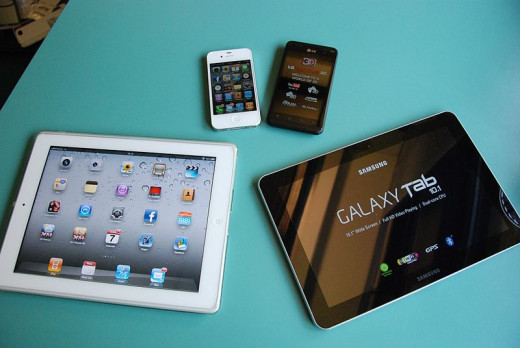
While WhatsApp may appear to be a more likely competitor for your text messaging providers rather than Facebook, it has some implications for Facebook users.
WhatsApp is basically a free phone app that allows you send text messages and pictures to other WhatsApp users for free.
Just like its response to Snapchat, Facebook launched Facebook messanger to try to regain some of the users.
But it does not have near the popularity that WhatsApp does among the under 25 crowd.
WhatsApp is changing the way users message friends and family.
While the marketing revenue is also weak, the WhatsApp users can pay for upgrades to data usage and for the app itself.
Kik
Is an App that is designed for messaging.
One of the advantages of Kik is that it allows for group users to message each other on a mobile platform.
According to an interview by one of Kik's creator's, Kik has the advantage of being designed for a mobile device, unlike Google+ and Facebook.
Kik's interface allows it to be more like an instant message rather than an email.
One of the visions of Kik is to be a platform that can lead to whole web experience including businesses and social interaction platforms.
While one of its biggest competitors is WhatsApp, Kik's long term vision of making a social platform designed for mobile use may allow it to be a contender for future social media users.
Pros and Cons of New Social Media Platforms and Apps
Platform
| Pros
| Cons
|
|---|---|---|
Google +
| Easier to gain users and compartmentalize, video chat
| Not as many users yet, navigation can be harder to learn
|
Pinterest
| Visually appealing, easier to share products you are interested in, good return for marketing
| Posts can get lost in the sea of information and pictures
|
Snapchat
| Privacy, not having every photo or message stored or gathered
| No permanent record--no proof, possibilities for marketing may be limited
|
WhatsApp
| Easy install, saves money on text messaging
| Can only interact with other app users
|
Kik
| Designed for mobile platforms, future social media platform
| Heavy competition from other chat apps from Facebook and WhatsApp
|
Facebook has had many issues over the years--changes that made it hard to make your profile private or hard to navigate, ads that used your "likes" to entice others to click on links--creating general user distrust.
But one of the good points of Facebook was that, in this fragmented world, for a moment we were all united. Almost everyone you knew had a Facebook page.
You could catch up with friends in the same town or old acquaintances who had moved halfway around the world.
While technology overall has done so much good, it has also fractured society into small pockets and niches. One group uses one technology while another prefers a different one based on age, demographics and social needs.
At Facebook's peak, for a brief moment in time we were all united again, using the same technology and communicating, for better or for worse, in the same ways.
As these new platforms and apps seep in and take different groups with them, the compartmentalization of society will once more be as prominent as it is inevitable.
Which platform or app do you think will be most popular in the next decade?
References and Further Reading
- Is Facebook Over? Why Facebook Is Not Popular Anymore
The social media platform swept the world. Connecting us in ways we never thought possible. But is its popularity waning? Will there be another, better way to communicate just around the corner? - Google+s Biggest Advantage Over Facebook
Nashville Web Design Firm offering the Best Nashville Web Design Services. We are Nashville Web Designers who bring a vintage work ethic to the Web. - Social Networking For Marketers: How Pinterest Crushes Facebook [Infographic] – ReadWrite
Pinterest has a higher concentration of people who are in a ‘buy’ state of mind, while Facebook users are more interested in interacting with friends - and brands. - After Snapchat, Disappearing Messages are Everywhere | MIT Technology Review
Smartphone apps that send disappearing messages are gaining in popularity. - WhatsApp: the new text messaging | Technology | The Guardian
Charles Arthur : As texting turns 20, could this popular app that allows phone users to chat for free take the place of SMS? - Kik ups the stakes in the consumer Web’s most important battle: mobile chat | PandoDaily

